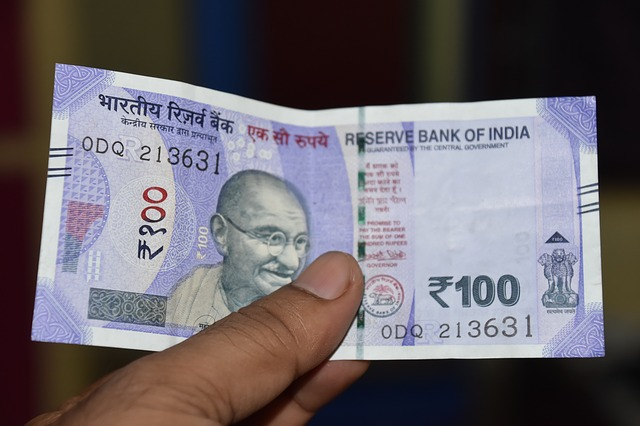The economics of Netflix’s password-sharing crackdown
- Economedia
- Oct 31, 2025
- 1 min read
Netflix’s crackdown on password sharing wasn’t about control—it was about conversion. For years, millions of people enjoyed free access to Netflix through a friend’s or relative’s account. The company estimated that over 100 million households worldwide were watching without paying. That’s not lost revenue—it’s untapped revenue.
Instead of banning sharing outright, Netflix charged a small “extra member” fee. Economically, it’s a textbook example of price discrimination: extracting payment from users with different willingness to pay. Someone unwilling to pay ₹650 for a full plan might happily pay ₹149 to add themselves officially.
The results speak for themselves. After the crackdown, Netflix saw one of its biggest surges in new sign-ups in years. Marginal costs are minimal—the platform already exists—so nearly all of that new money is pure profit.
It’s not about being stricter; it’s about being smarter. The move turned freeloaders into paying customers without alienating loyal ones. And beyond revenue, it signaled to investors that Netflix could still grow, even in a saturated market.
In short: Netflix’s crackdown was less about stopping sharing, and more about reminding the world that even generosity has an opportunity cost.



Comments